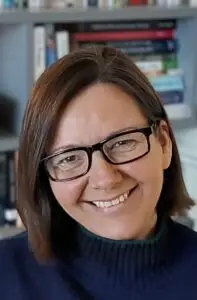Latest Blog Posts
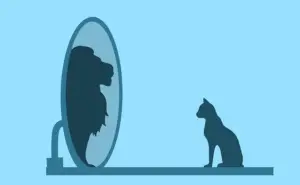
Healthy Narcissism Vs. Unhealthy Narcissism
Narcissism originally begins as a response in childhood to developmental issues. Both nature and nurture are influential in the early years in setting up the personality. Elements of narcissism are needed in the development of a healthy personality. Narcissism forms the

The Fear of Abandonment
What is the Fear of Abandonment? A fear of abandonment is a deep-seated fear of being left by people that you are close to. This fear affects your thoughts and behaviours. It can be rooted in childhood from physical or emotional
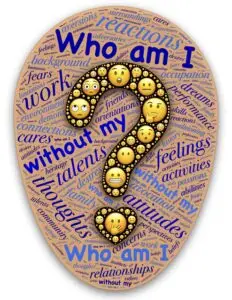
How Does Counselling Work?
Often in life, we may feel that we talk but others do not really listen, or that we are not worth listening to and then we may keep our thoughts and feelings to ourselves. If we have come from a dysfunctional

Healthy and Unhealthy Boundaries
What are Boundaries? A boundary can be defined as a barrier which separates two things. Healthy psychological boundaries between people mean that there is respect for others and the self and the beliefs, ideas, opinions, likes, dislikes and wants and needs
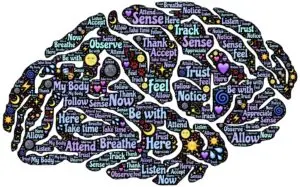
Healing from a Difficult Childhood
It can be hard to heal from a difficult childhood but it can be done. Healing is possible and takes place through: 1. Knowledge – read everything you can about psychological subjects which are relevant to you. Learning leads to: 2. Understanding – you
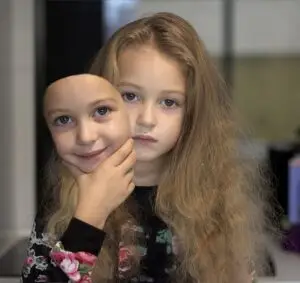
Chronic People Pleasing
People pleasers put others before themselves and consider their own needs last, if at all. Often, children are not permitted to be themselves, perhaps their parents are abusive or just do not accept their child for who they are. This results
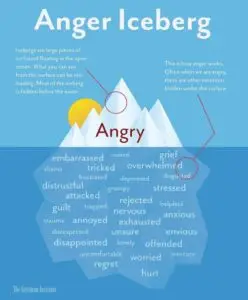
The Anger Iceberg
The Anger Iceberg reminds us that when we are feeling angry we are often protecting ourselves from other emotions. Anger is a useful tool as it is full of energy which helps us to act and it keeps others away from
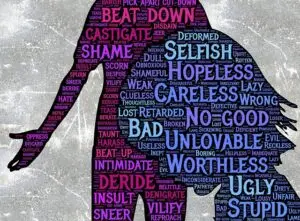
Chronic Shame
Children from difficult backgrounds will often have lots of feelings of guilt and shame. Sources of shame can be parents, siblings, school or wider society and this will be carried into adulthood and will often manifest as feelings of the self
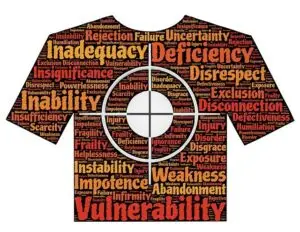
Triggers and Triggering
A child who has lived in a situation of stress and abuse for a prolonged time will usually develop Complex Post Traumatic Stress Disorder. This is an elaborate system of defence mechanisms which are triggered by events in the environment which

